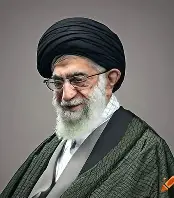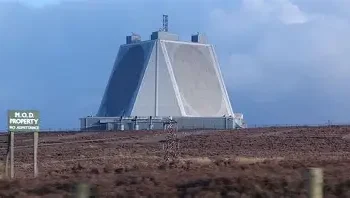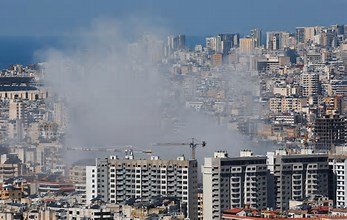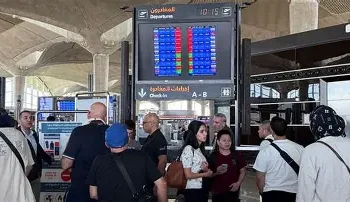Union Home Ministry cancels SECMOL’s FCRA licence citing foreign fund violations; Wangchuk dismisses the move as a diversion from Ladakh’s demands.
BY PC Bureau
September 26, 2025: Climate activist Sonam Wangchuk was detained by Leh police on Friday, two days after violent protests demanding statehood for Ladakh and its inclusion under the Sixth Schedule of the Constitution resulted in four deaths and approximately 90 injuries. The unrest, which erupted on September 24, has plunged Leh into a tense calm, with police and paramilitary forces enforcing a strict curfew across the city.
Sonam Wangchuk has been charged under the stringent National Security Act (NSA), which allows preventive detention without bail. He is expected to be moved from Ladakh tonight or tomorrow morning. Following his arrest, internet services were suspended in the region to prevent misinformation.
The protests turned deadly on Wednesday, claiming the lives of Jigmet Dorjay, 25, from Kharnakling; Stanzin Namgyal, 23, from Igoo; Rinchen Dadul, 20, from Hanu; and Tsewang Tharchin, 46, a former serviceman from Skurbuchan. According to The Indian Express, all four succumbed to multiple bullet wounds sustained during the clashes. Two of the victims were alive when brought to SNM Hospital in Leh but later died from their injuries. Several others sustained serious gunshot wounds, while many were treated for pellet and baton injuries and subsequently discharged. Over 50 individuals have been detained in connection with the violence, which also left around 30 police and CRPF personnel injured.
In a significant development, the Union Home Ministry revoked the Foreign Contribution (Regulation) Act (FCRA) licence of the Students’ Educational and Cultural Movement of Ladakh (SECMOL), an organization founded by Wangchuk, citing alleged financial irregularities, including a fund transfer from Sweden deemed “against national interest.” Additionally, the Himalayan Institute of Alternatives Ladakh (HIAL), another of Wangchuk’s initiatives, is under CBI investigation for suspected FCRA violations. The ministry also raised concerns about possible foreign involvement in the unrest, noting that three of the injured were Nepalese citizens. Wangchuk dismissed these allegations as a “scapegoat tactic” to divert attention from Ladakh’s core issues.
READ: Gen Z Protests Reject Communal Spin in Uttarakhand Paper Leak Protest
The violence prompted Wangchuk to end his two-week hunger strike, which he described as a peaceful effort to advocate for Ladakh’s statehood. Calling the day of the clashes “the saddest day for Ladakh”, he urged the region’s youth to cease violent actions, warning that such acts could harm their cause. Meanwhile, Wangchuk addressed accusations from BJP leader Amit Malviya, who alleged that Congress Councillor Phuntsog Stanzin Tsepag was involved in violence targeting the Leh BJP office during the protests.
Authorities have imposed stringent measures to prevent further unrest. Leh District Magistrate Romil Singh Donk ordered the closure of all government and private educational institutions, including schools, colleges, and Anganwadi centers, for two days starting Friday. Prohibitory orders under Section 163 of the Bharatiya Nagarik Suraksha Sanhita (BNSS) remain in effect, banning assemblies of five or more people and unauthorized processions, rallies, or marches. In Kargil, the Kargil Democratic Alliance organized a parallel shutdown, with District Magistrate Rakesh Kumar imposing similar restrictions to maintain order.
On Friday, Ladakh’s Lieutenant Governor Kavinder Gupta chaired a high-level security review meeting to assess the situation and address public safety concerns across the Union Territory. The Union Home Ministry reiterated its commitment to providing “adequate constitutional safeguards” for Ladakh while emphasizing ongoing investigations into the protests.
The escalation of violence and Wangchuk’s arrest have intensified focus on Ladakh’s demands for statehood and inclusion under the Sixth Schedule, which grants special protections to tribal areas. As the region grapples with these developments, authorities continue efforts to restore calm amid heightened socio-political tensions.














